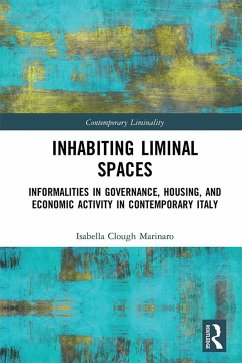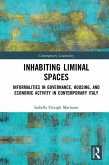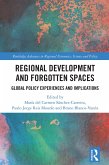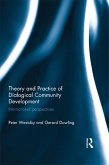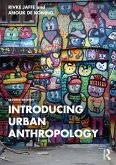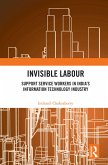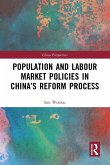This book draws together debates from two burgeoning fields, liminality and informality studies, to analyze how dynamics of rule-bending take shape in Rome today.
Dieser Download kann aus rechtlichen Gründen nur mit Rechnungsadresse in A, B, BG, CY, CZ, D, DK, EW, E, FIN, F, GR, HR, H, IRL, I, LT, L, LR, M, NL, PL, P, R, S, SLO, SK ausgeliefert werden.
"This book is a rare and successful blend of ethnographic thickness and conceptual depth. The fascinating case study of economy and governance in the city of Rome is elevated to a more general discussion of informality and liminality in the economic, political and cultural fields that will be of interest to scholars across a wide range of fields, including sociology, urban studies, economic and political anthropology and Italian studies."
Bjørn Thomassen, Roskilde University, Denmark
Bjørn Thomassen, Roskilde University, Denmark

